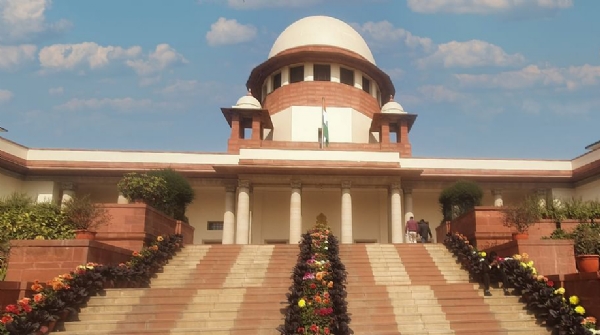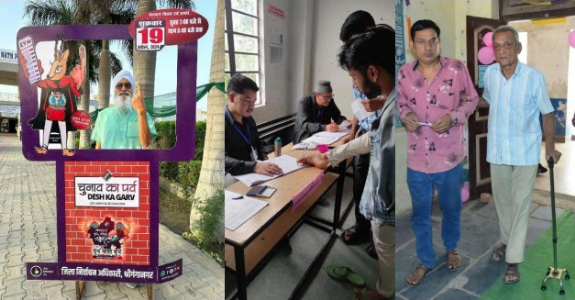From benefit of doubt, lapses in trial to more: Why SC acquitted 3 men sentenced to death in Chhawla gangrape-murder?
A bench, comprising Chief Justice of India UU Lalit and Justices Ravindra Bhat and Bela Trivedi has pointed out several failures by the prosecution and there are the reasons behind this decision of Supreme Court
Total Views | 67
On Monday, the verdict by Supreme Court in Chhawla gangrape-murder in 2012 shocked the country as it acquitted all three men who were sentenced to death for the gangrape & murder of a 19-year-old woman in Delhi's Chhawla area. It had overturned the death penalty verdict awarded by the trial court and High Court.

A bench, comprising Chief Justice of India UU Lalit and Justices Ravindra Bhat and Bela Trivedi has pointed out several failures by the prosecution and there are the reasons behind this decision of Supreme Court
1. PROSECUTION FAILED TO PROVE CHARGES
The court said, "Prosecution has to bring home the charges against them beyond reasonable doubt, which the prosecution has failed to do. The Court is left with no alternative but to acquit the accused, though involved in a very heinous crime".
2. LAPSES DURING COURSE OF TRIAL
The court observed, "Out of the 49 witnesses examined by the prosecution, 10 material witnesses were not cross-examined and many other important witnesses were not adequately cross-examined by the defence counsel".
3. IDENTITY OF ACCUSED NOT FULLY ESTABLISHED, PROSECUTION CASE FALLS FLAT
It stated, "No identification parade was conducted by the IO during investigation for the identification of the accused, nor did any of the witnesses identify the accused during their depositions".
4. RECOVERY OF HAIR STRAND FROM BODY OF DECEASED HIGHLY DOUBTFUL
It also said, "Recovery of a strand of hair from the body of the deceased is highly doubtful, as the same was allegedly found from the body of the deceased which was lying in the open field for about 3 days, 3 nights".
Also Read: Have lost the will to live: Parents of Chhawla gangrape-murder victim after SC acquits all accused on death row
5. HIGHLY UNLIKELY THAT DEAD BODY REMAINED IN FIELD FOR 3 DAYS WITHOUT BEING NOTICED
The court added, "The body of the deceased did not show any signs of putrefaction. It is highly unlikely that the dead body would have remained in the field for 3 days without being noticed by anybody".
6. COURTS DID NOT EXAMINE UNDERLYING BASIS OF FINDINGS IN DNA REPORTS
It opined, "Neither the Trial Court nor High Court examined the underlying basis of the findings in the DNA report nor have they examined the fact whether the techniques were reliably applied by the expert".
7. BENEFIT OF DOUBT
The court noted, "For the reasons stated above, the judgments and orders of conviction and sentence are set aside. The accused are acquitted from the charges levelled against them by giving them the benefit of doubt, and they are directed to be set free forthwith".
Rashtriya Sewa Bharati
Mes, Pune






